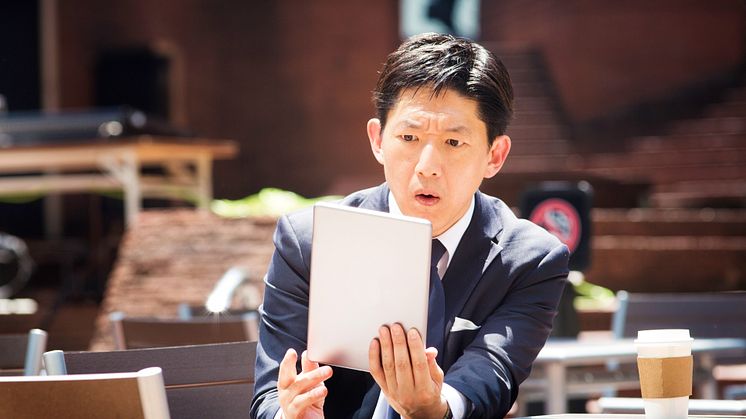
Blog post -
It's time to end the charade of pre-supplied questions
This is broadly what happens before spokespeople in Asia agree to take part in a media interview:
- The reporter calls the corporate communications department and asks to interview someone on a particular topic.
- The comms manager asks the reporter to send in their questions.
- The reporter emails 3-6 questions.
- If the comms manager approves of the questions, they arrange an interview with the relevant spokesperson.
- During the interview, the reporter asks maybe 1-2 questions, but then goes completely off script and asks the questions s/he wanted to ask all along. #freedom
- The spokesperson is surprised by the line of questioning and comes away feeling a tad shaky about future media interviews. #feelingconned
- If things go badly, the comms manager is instructed to call the reporter to ask (not to say beg) him/her to not quote the answers the spokesperson was unprepared for. #awkward
This charade has gone on far too long and we – everyone involved, from the journalist, to the comms person, to the spokesperson – really need to be better than this.
Let's call a spade a spade:
1. No journalist worth their salt sends questions in advance. At least, not the ones they really want to ask. They only send questions to score the interview. Knowing that they have to convince the comms person, they send general, positive-sounding questions in the hope the comms person will say yes. So, the questions aren't really there to help the spokesperson prepare – they're aimed at the comms person!
Any journalist who sticks exactly to the submitted questions will be writing up a very boring interview indeed, bereft of follow-up questions and a deeper dive into the topic (this lies at the heart of why consumers have lost faith in media). In fact, journalists might as well request for the answers to be emailed back. What is the point of conducting a face-to-face or telephone interview if not to ask questions that weren't flagged?!
This brings me to my next point:
2. Spokespeople are setting themselves up for failure if they really think the submitted questions are going to be asked. Some of my clients report that journalists will ask at most half of the questions submitted, but usually just one. If any at all. Plus, think about it: a print interview usually lasts anywhere from 15-45 minutes. During that time, the reporter can easily ask, say, 8-20 questions. Even if the reporter sends eight questions, what about the other 12?
Sometimes I have media training guests who are completely surprised by this.
"What about the rules of journalism? What about journalistic ethics?" they ask.
"What rules of journalism?" I ask back. Who wrote these, and what do they look like? In fact, are there any? Especially in an era of bloggers, who aren't accountable to a formalised editorial structure.
3. Comms people set the wrong expectations if they prepare their spokesperson to just answer submitted questions. When the inevitable off-track question comes (loved asking those on radio and TV) they stumble, or they give embarrassingly candid answers which the comms person has to backtrack on afterwards. I have been on the receiving end of such calls, and let me tell you, it's not fun for anybody. Usually I am compelled to include the unprepared answers precisely because I was asked to remove them, lest the comms person thinks they can get away with it again next time.
4. The increasingly media savvy reader and viewer is fed up to the teeth with canned responses. We might not like Donald Trump and his labelling of every criticism as #fakenews. But the reason why his plans to "drain the swamp" resonates with so many voters is because trust in the establishment –traditional political parties, organisations and institutions, and the media – is at a low ebb. So, more glib corporate messaging isn't going to win them back (it's not helping that viewers and readers are much quicker to take offense at even the slightest provocation, but that's a topic for another column).
The only way spokespeople and comms managers can rebuild trust with their audiences is through the right type of interview preparation, substantive answers that are neither meaningless corporate pap nor "deer in headlights" responses, and greater media savvy.
And not a single submitted question in sight.
